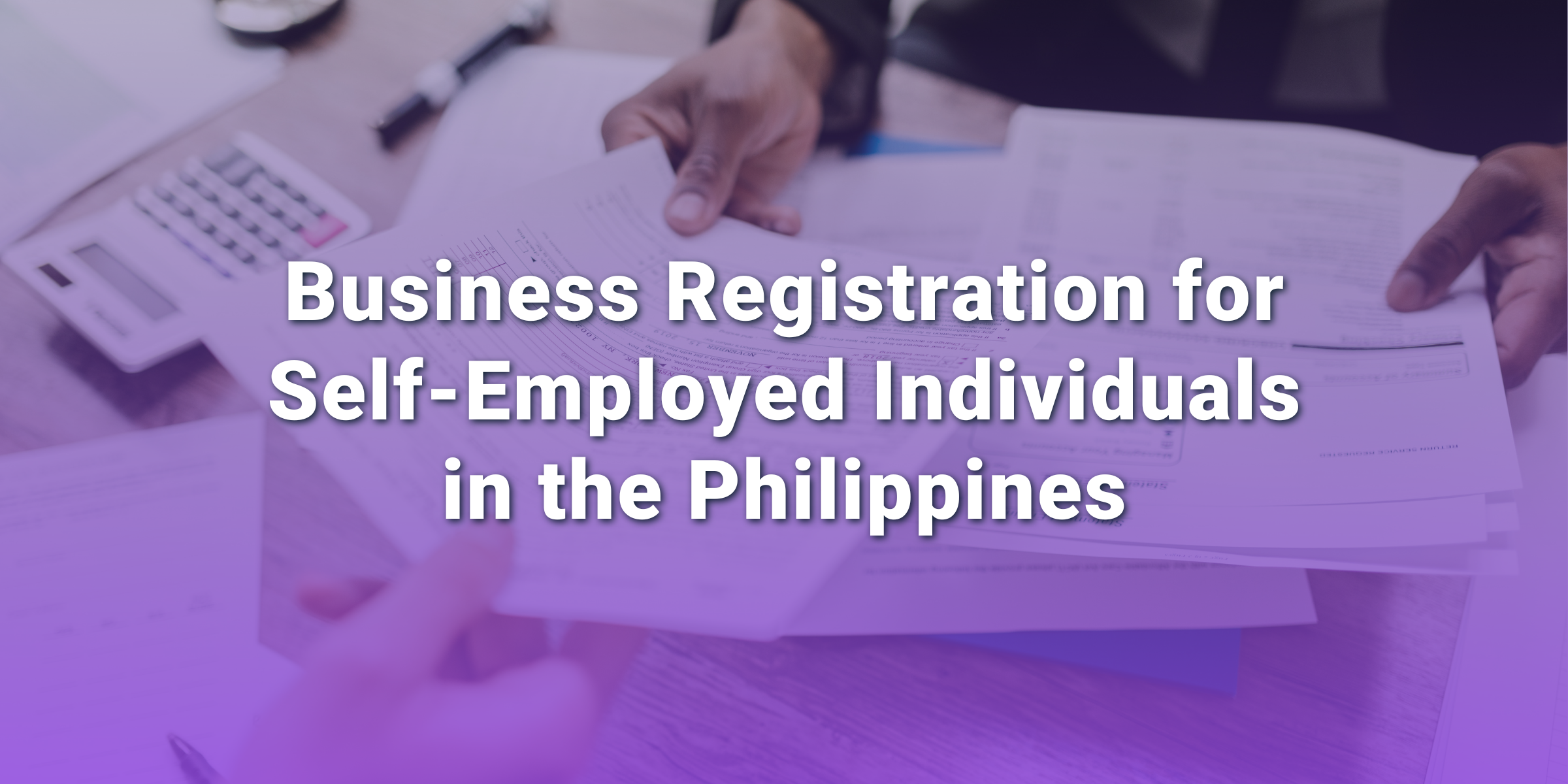Venturing into self-employment in the Philippines? Then you’ve likely come across the BIR. Let’s unravel the mystery!
Introduction to BIR Registration
The Bureau of Internal Revenue (BIR) is the primary government agency tasked with tax collection in the Philippines. For self-employed folks, BIR registration is a pivotal step to legitimize their operations.
Why is BIR Registration Important?
Legal Compliance.
Firstly, it’s the law. Operating without BIR registration is akin to driving blindfolded – risky and illegal.

Benefits of Being Registered
Beyond compliance, BIR registration offers numerous benefits. It lends your business credibility, facilitating smoother dealings with clients and suppliers. Plus, it can unlock potential opportunities relating to applications for visa, house and lot, loan, credit card, etc.
Steps to Register with BIR as a Self-Employed Individual
- Start by assembling your documents, including a filled-out BIR Forms 1901, 1905 and 1906, proof of address, and at least two valid government-issued IDs.
- Head to your local BIR office. Submit your documents, have them verified, and pay the registration fee.
- Claim registration documents and have your official receipts printed by any BIR authorized printer.
The Certificate of Registration shall be issued to those who engage in business upon the compliance to these requirements:
- Fill up Registration form
- 2 original copies of BIR Form No. 1901
- Present any government-issued ID that is readable and untampered
- Birth Certificate
- Passport
- Drivers License
- TIN
- Other documents required
- DTI Certificate (if you already have a business name)
- Payments to the New Business Registrant Officer (NBRO) posted in the New Business Registrant Counter (NBRC)
- Registration Fee (PHP 500) using Form 0605.
- Loose Documentary Stamp Tax for affixture to COR (PHP 30)
- Secure BIR Printed Receipts (BPR) or BIR Printed Invoices (BPI) or the Authority To Print (ATP)
- BPR/BPI- depending on the printing cost per RDO or
- ATP- own choice of printer from the list of accredited printers
Often, due to the intricate procedures and prerequisites, handling it on your own can be daunting. Click here to learn a hassle-free way to register.

Types of Taxes for Self-Employed Individuals
For those with an annual gross income or sales of ₱3 Million or less:
Self-employed individuals and professionals whose annual gross sales or income don’t surpass the VAT threshold of P3 Million can select from the following tax rates:
- Eight percent (8%) on gross sales or receipts and additional income over ₱250,000, as an alternative to the tiered income tax rates and percentage tax (no option to register for VAT); OR
- Graduated income tax rates ranging from 0% to 35% based on net taxable income, coupled with a 3% percentage tax (The computation for Net Taxable Business Income remains unchanged).
If the total gross income or sales receipts exceed ₱3 million, the self-employed individual is mandated to adhere to the graduated income tax rates on their net taxable income, in addition to VAT.
Common Mistakes to Avoid After Registration
Avoid pitfalls like not updating registration details, missing deadlines, under-declaring income and more importantly, the misconception that registration is the end-all and be-all. In reality, the journey doesn’t end there. You need to maintain your books and file taxes regularly.
Discover Beppo by visiting https://beppo.com.

